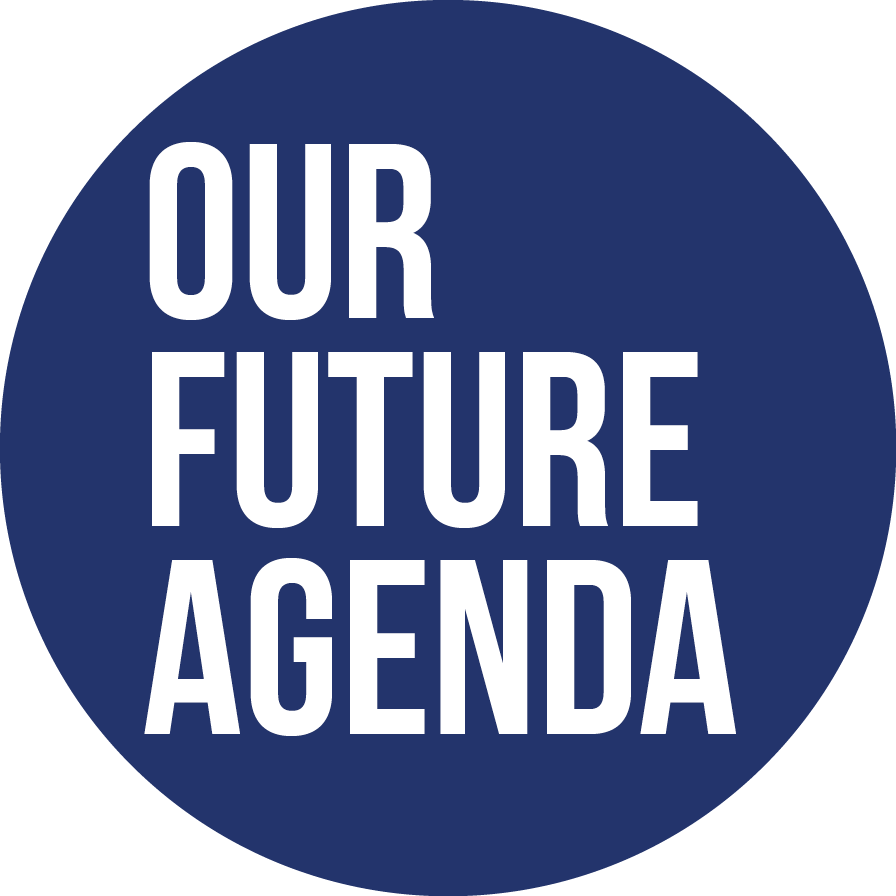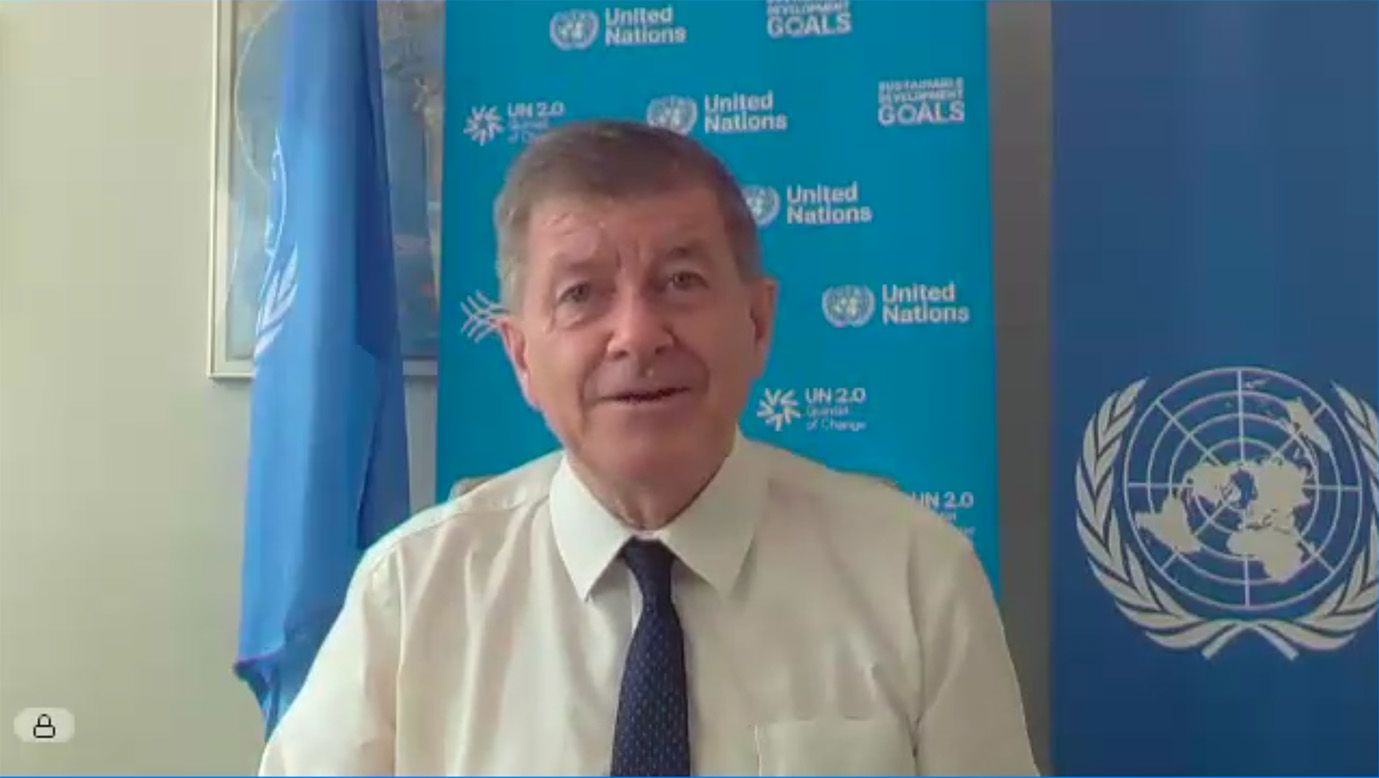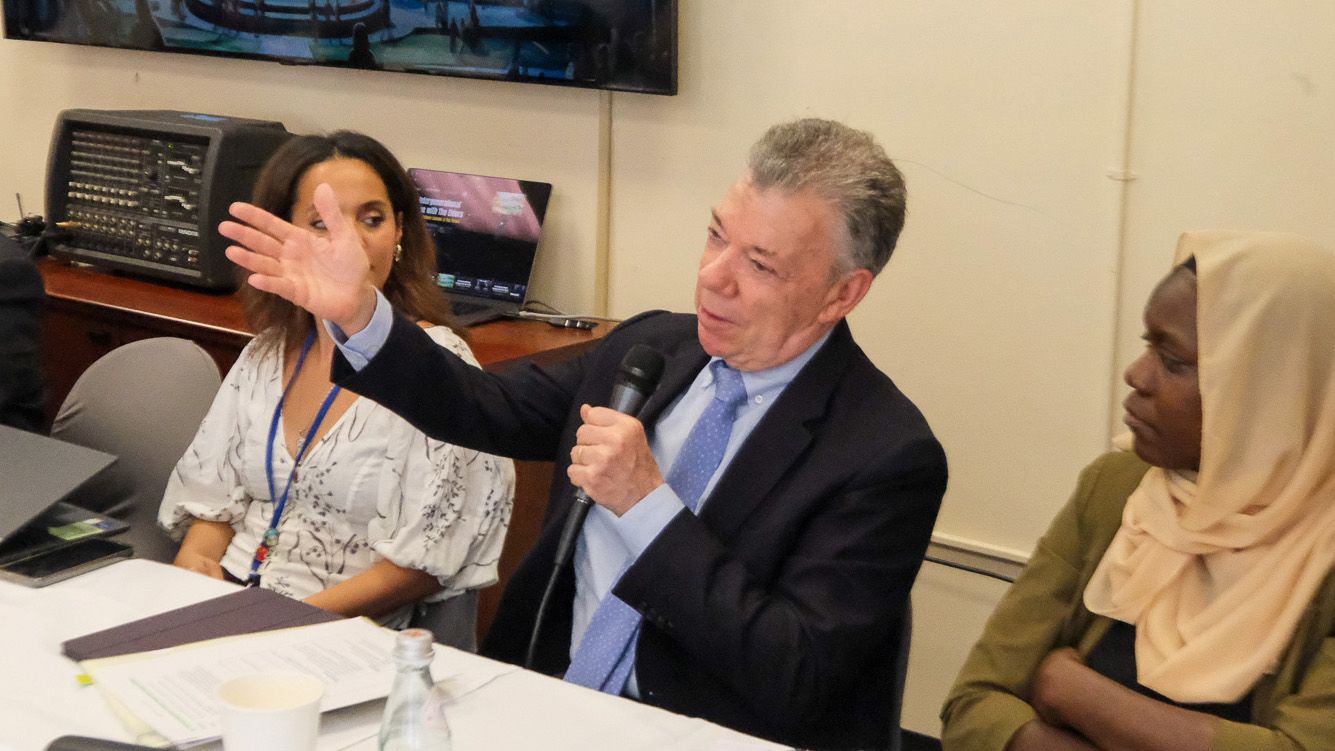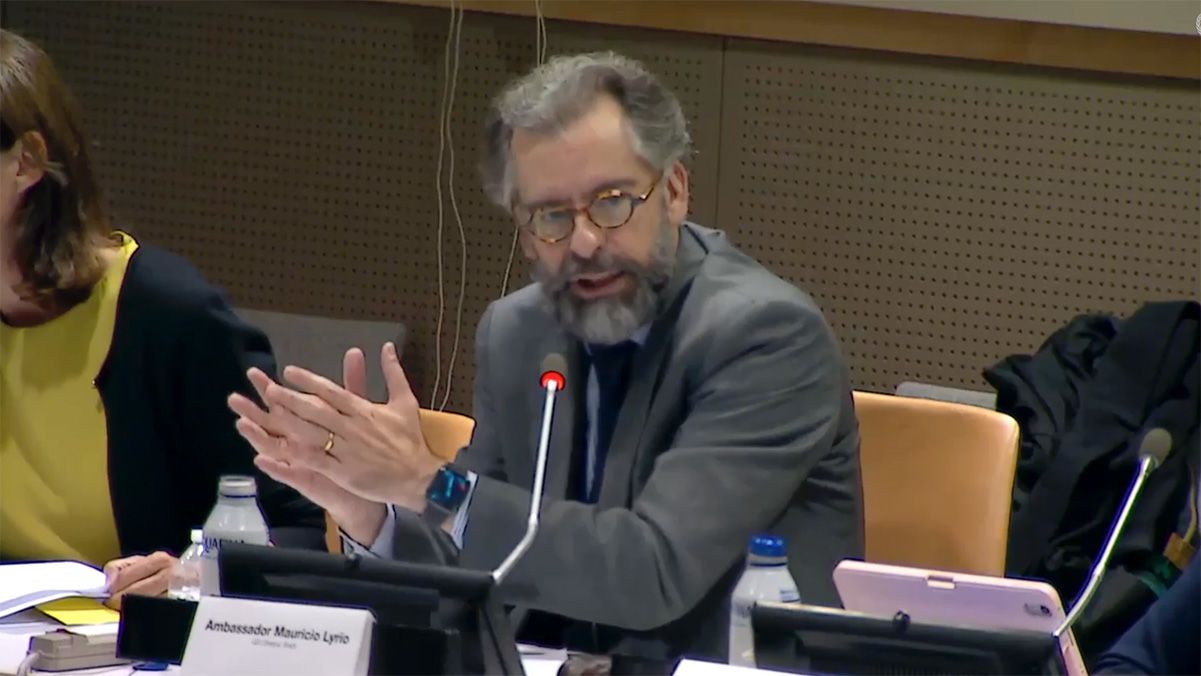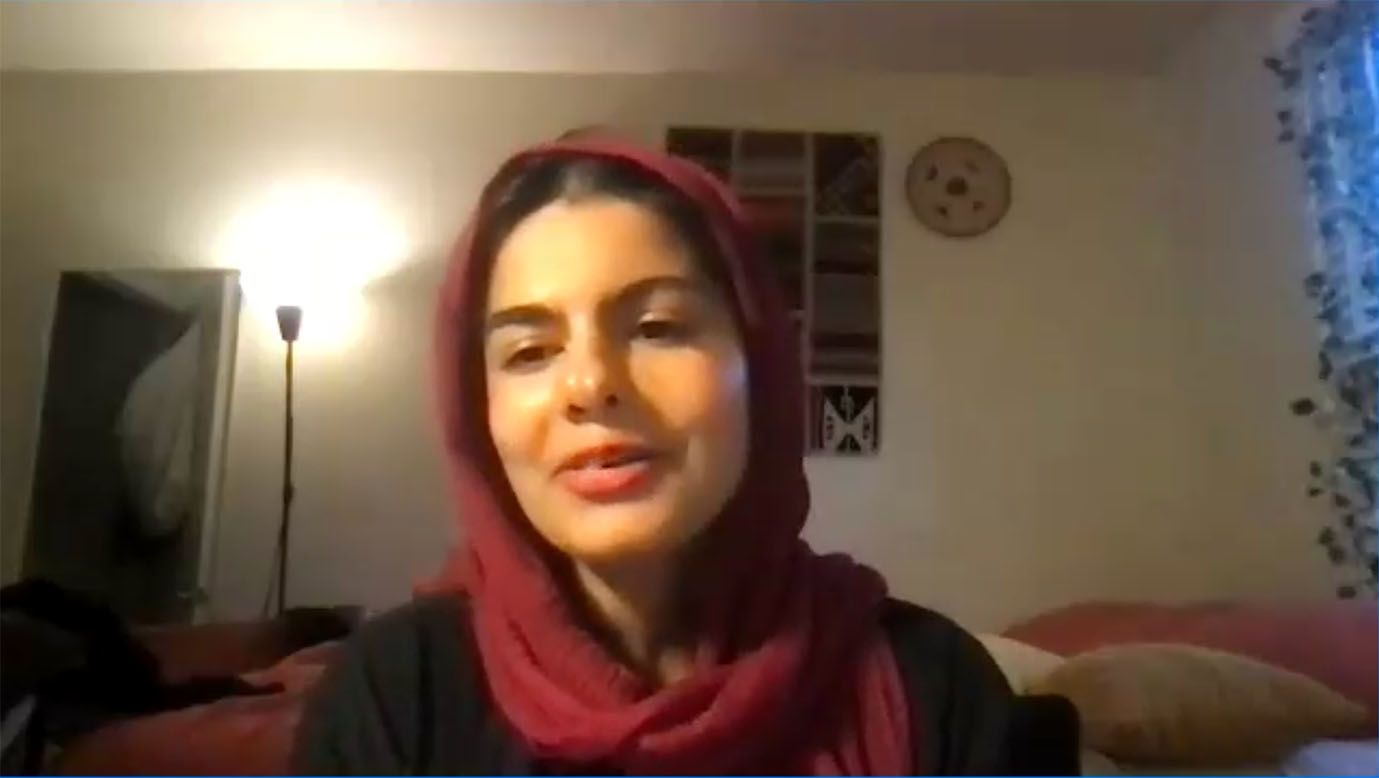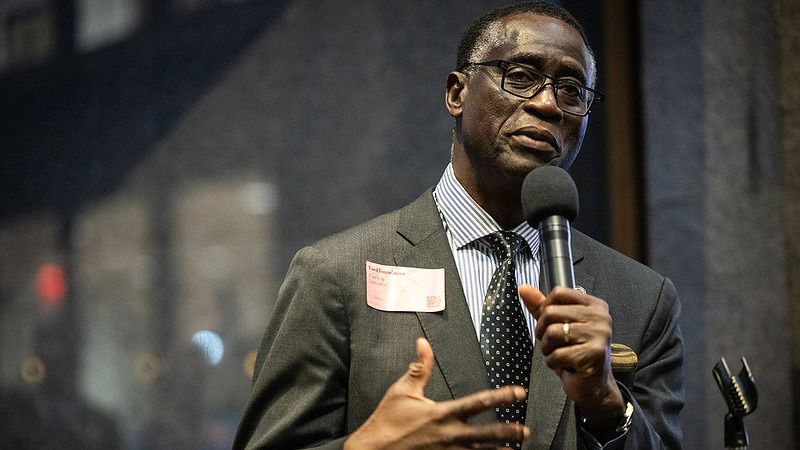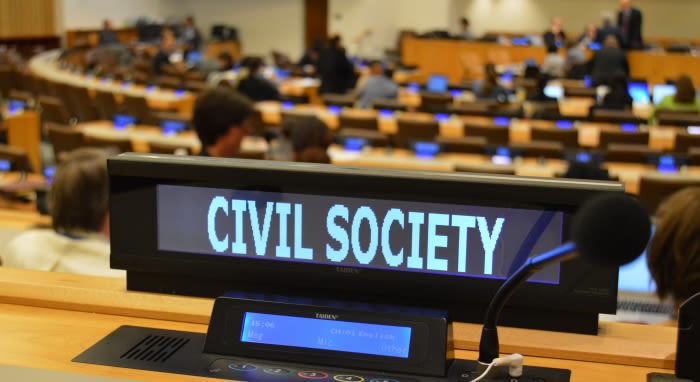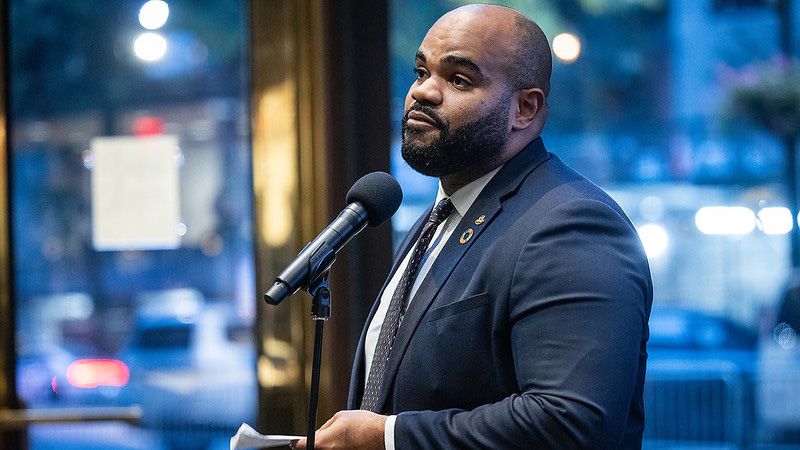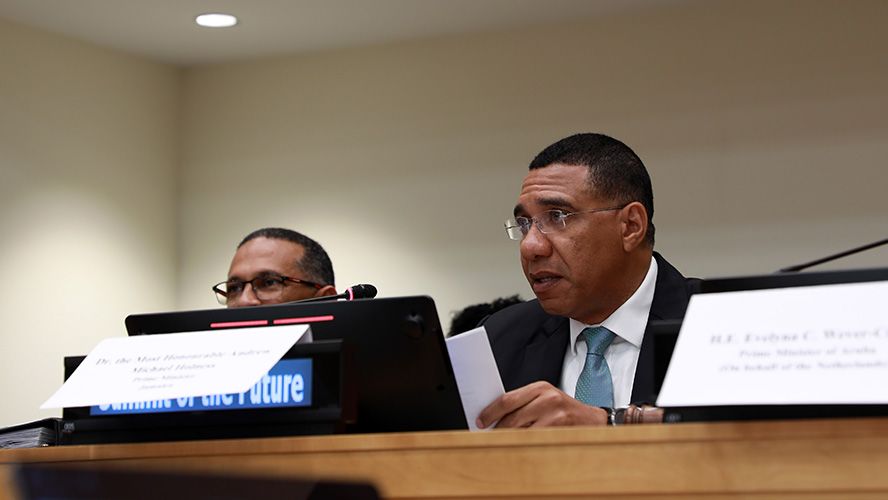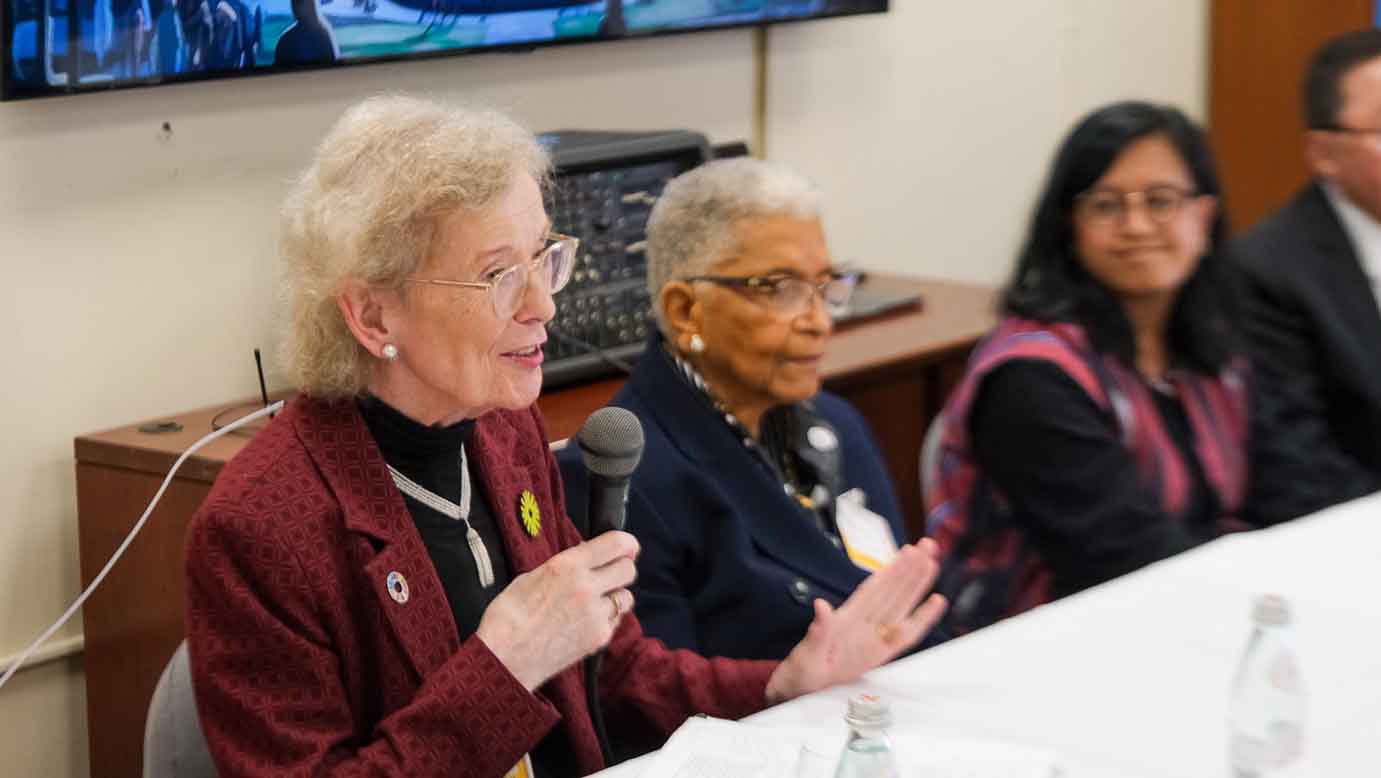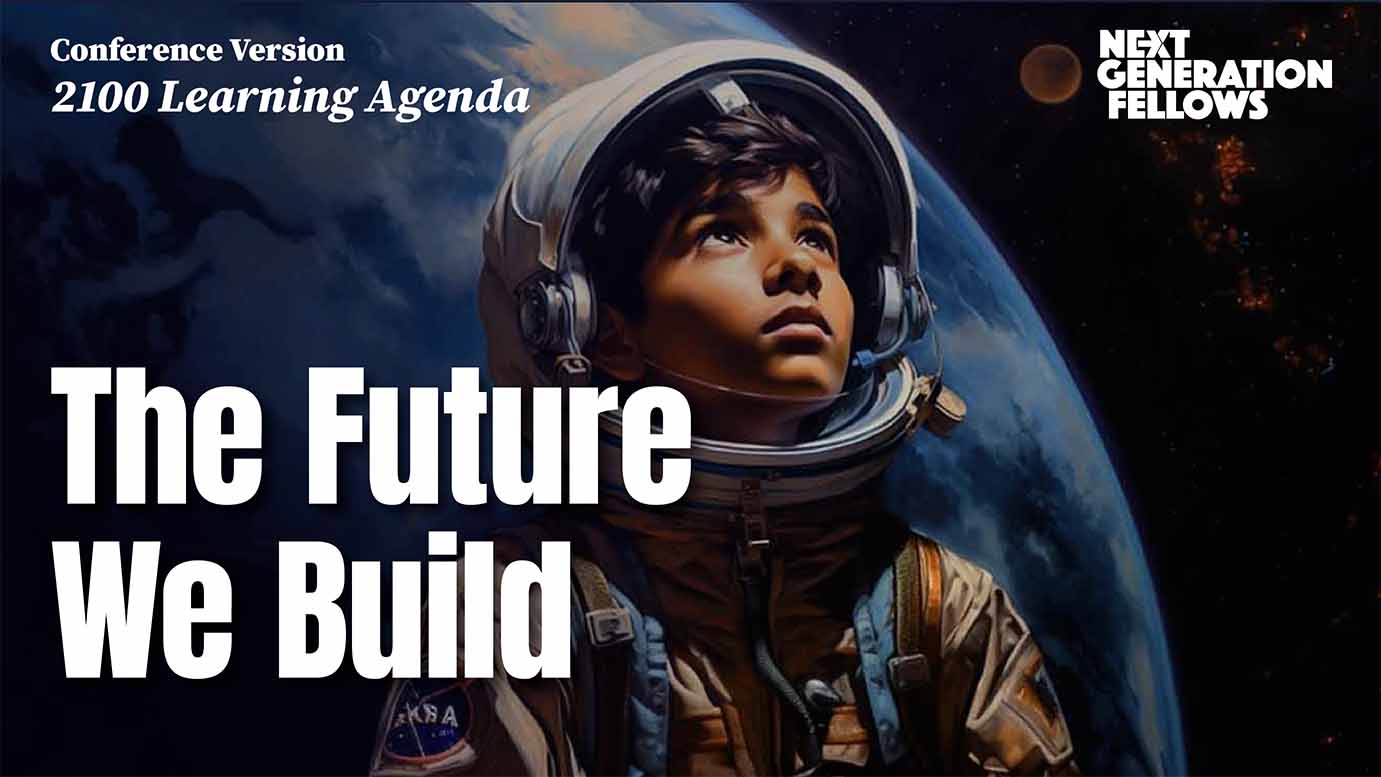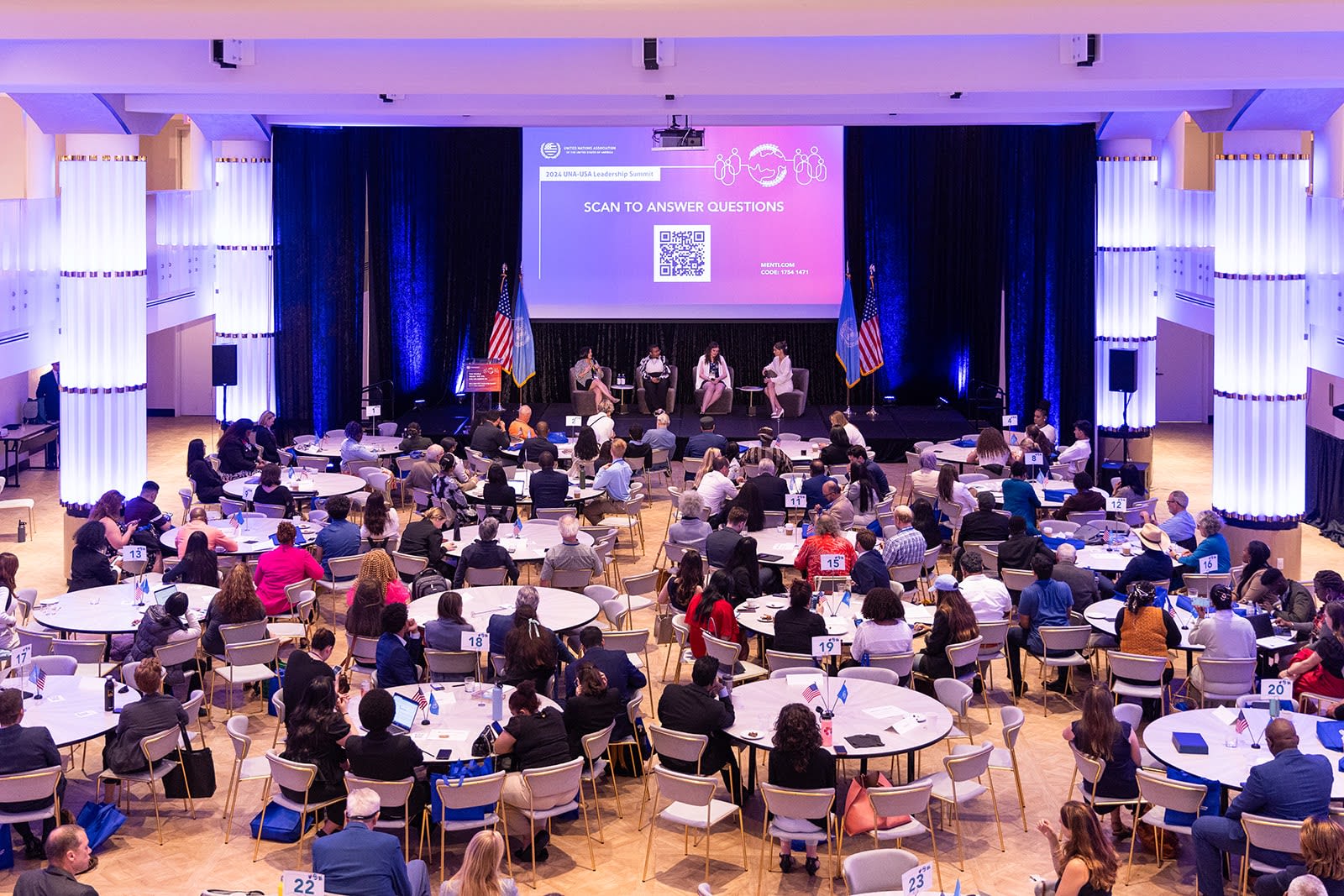Future in Focus
Game-Changing Moments from the
United Nations Summit of the Future
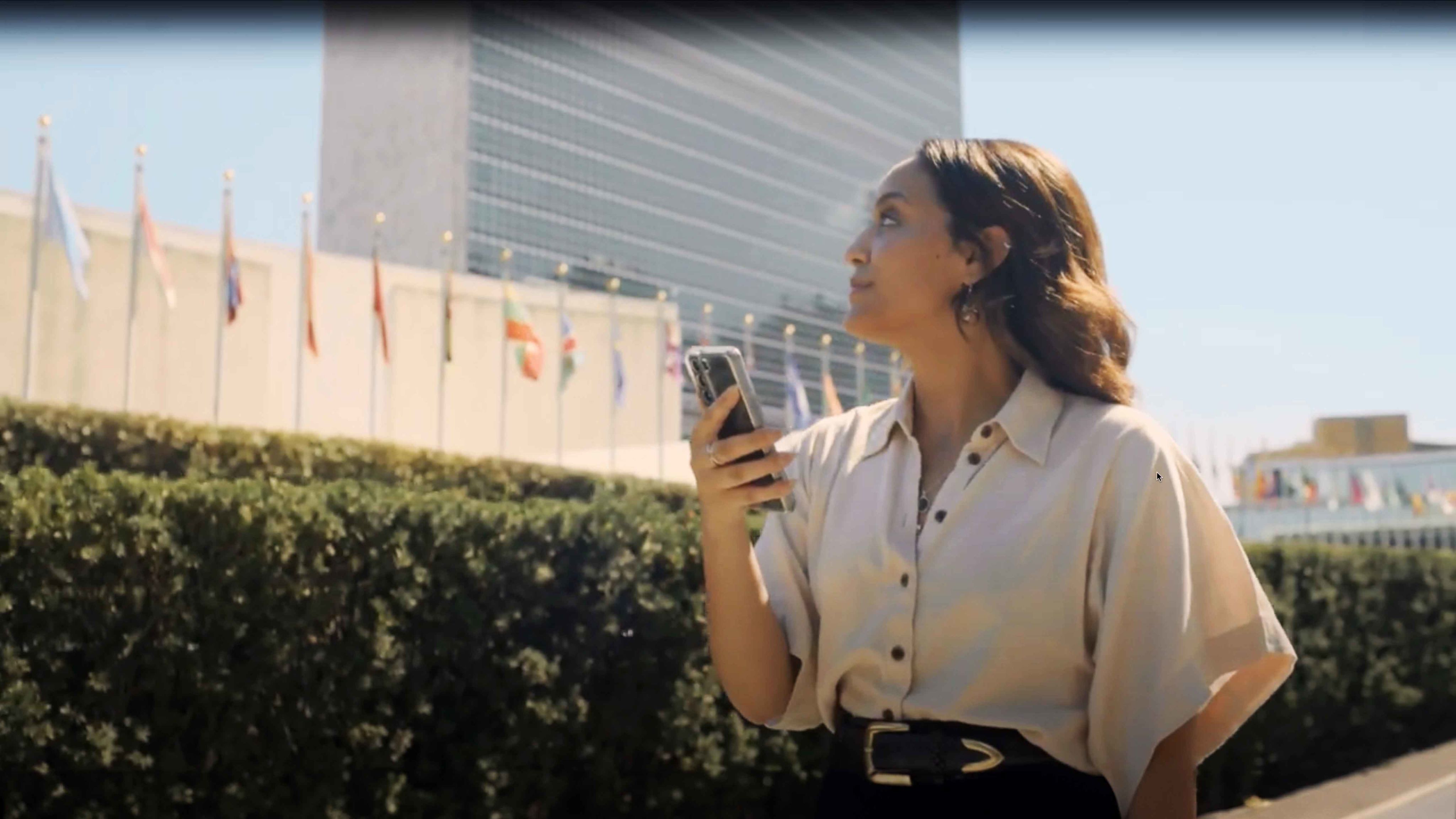
The recent Summit of the Future marked a turning point for global cooperation, with young voices and bold ideas taking center stage. From climate action to reimagining governance, this Summit was a powerful reminder that the future belongs to all of us – but especially to young people demanding change.
This gathering was a wake-up call for a more just, inclusive, and sustainable world. As United Nations Secretary-General António Guterres said, "We are here to bring multilateralism back from the brink."
The United Nations Foundation's Our Future Agenda program led and supported targeted key events supporting the Summit’s bold vision, pushing critical issues like governance reform, climate action, and intergenerational collaboration to the forefront.

Act for Our Common Future: Summit of the Future Preview
September 16, 2024
This United Nations Foundation virtual curtain raiser event set the stage for the Summit of the Future, with powerful voices from youth leaders and UN policymakers alike.
Guy Ryder (UN Under-Secretary-General for Policy) and Txai Suruí (Indigenous Youth Leader) drove home the urgency of climate action and governance reform.

Beyond the Summit of the Future
September 20, 2024
In this intergenerational session, co-hosted with the United Nations and The Pathfinders, the Elders and youth activists tackled climate action and multilateralism head-on.
Mary Robinson (Former President of Ireland) and Juan Manuel Santos (Former President of Colombia) called for immediate action, with a sharp focus on redirecting fossil fuel subsidies and empowering young leaders.
The adoption of the Pact for the Future was celebrated as a pivotal step for intergenerational collaboration.
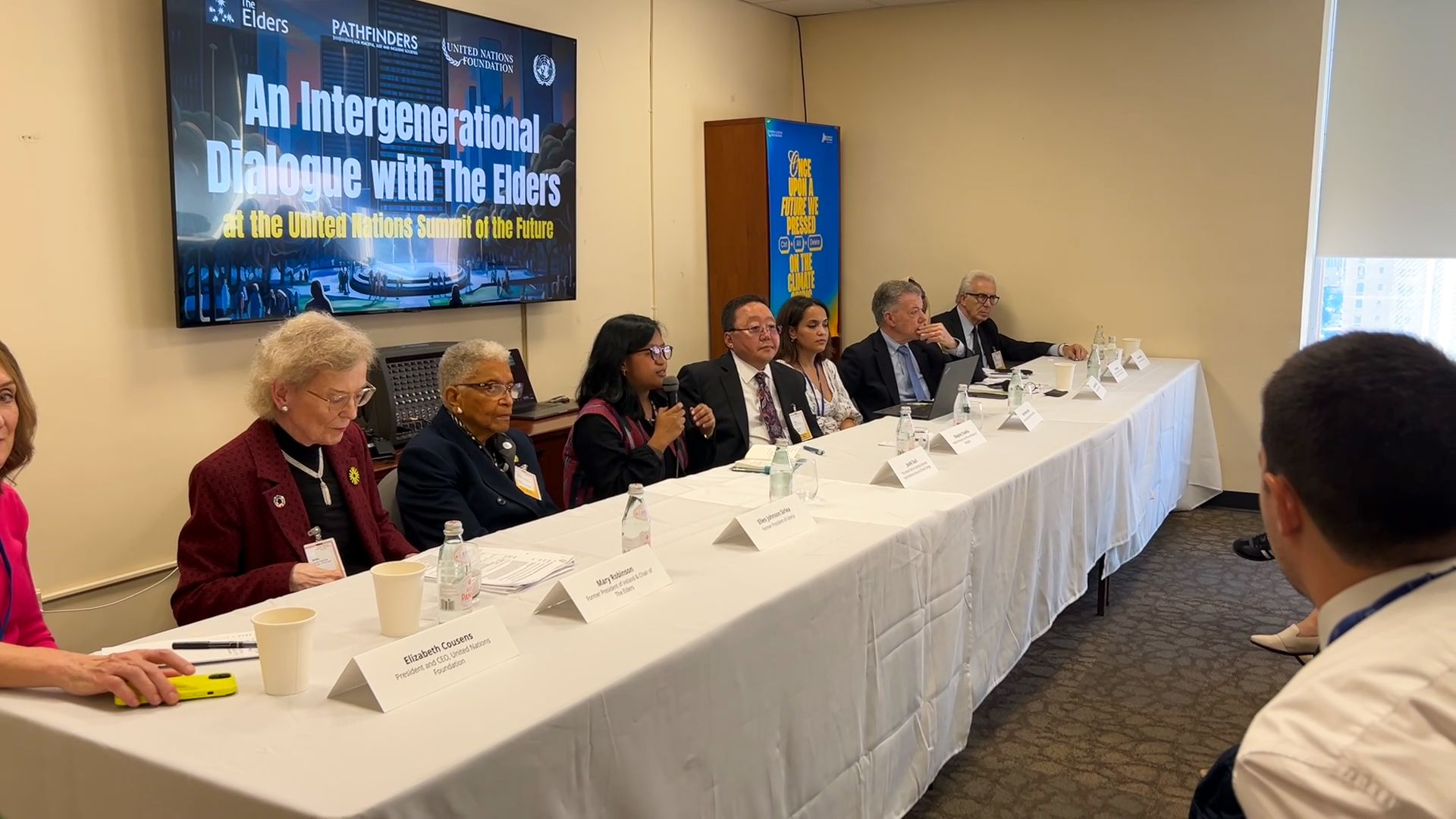
Advancing Global Governance Reform: Harnessing Synergies of SOTF and G20 for a Resilient Future
September 21, 2024
Governance reform took center stage here, with strong calls for boosting Global South representation and restructuring financial systems.
Ambassadors Mauricio Carvalho Lyrio (Brazil’s G20 Sherpa) and Zane Dangor (South Africa’s G20 Sherpa) emphasized the urgency of rethinking multilateralism. Valeria Colunga (UN Foundation Next Generation Fellow) amplified the need for youth representation, ensuring young voices aren’t sidelined in global decision-making.
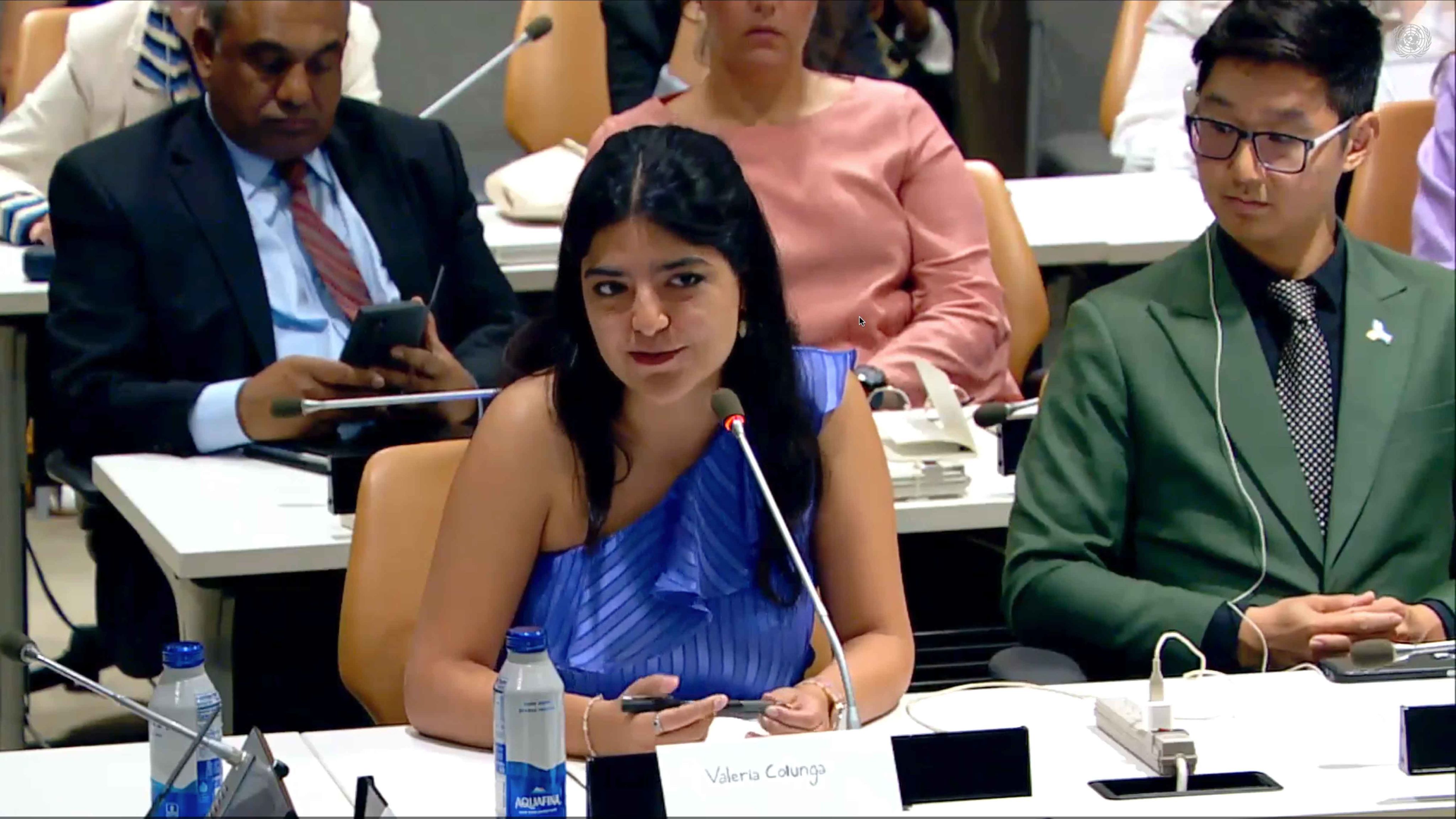
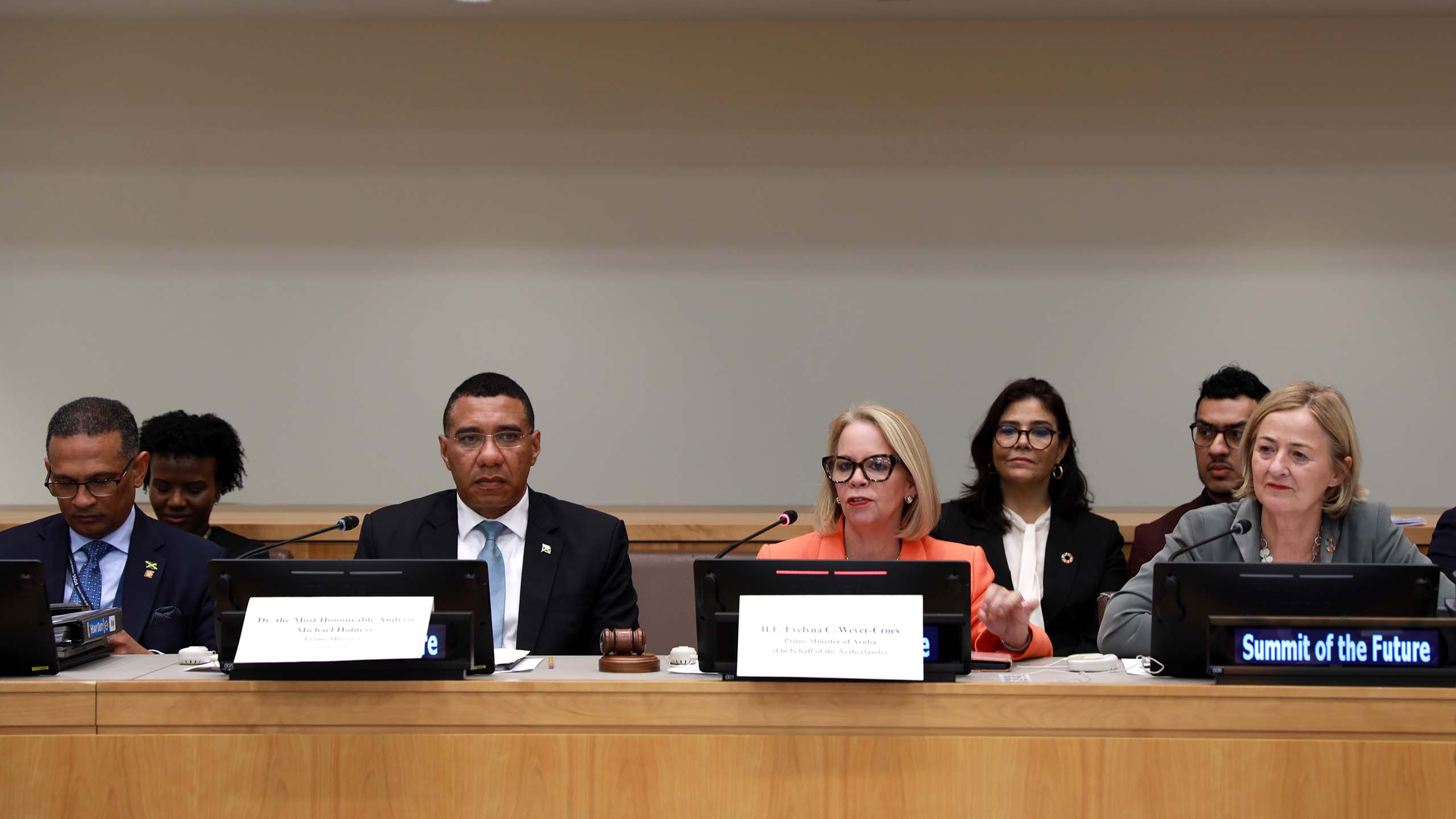
Declaration on Future Generations: From Words to Action
September 21, 2024
This event focused on turning the Declaration on Future Generations into actionable commitments. World leaders and young champions, including Jamaica’s Prime Minister Andrew Holness and Kiki Ritmeijer, Young Representative from the Netherlands, led the conversation on embedding long-term thinking in governance.
Climate action, youth empowerment, and future-focused policy were the top priorities, with concrete steps laid out for integrating these into global strategies.
Once Upon a Future
September 25, 2024
A powerful evening hosted by the United Nations Foundation, Once Upon a Future brought together global leaders and changemakers to discuss how intergenerational solidarity can reshape multilateralism.
Key speakers like Patrice Gumbs Jr. (Sint Maarten Deputy Prime Minister) and Carlos Madjri Sanvee (YMCA Secretary General) highlighted the need for flexible funding models to empower youth-led initiatives, while Elizabeth Cousens (United Nations Foundation President and CEO) pushed for renewed global cooperation.
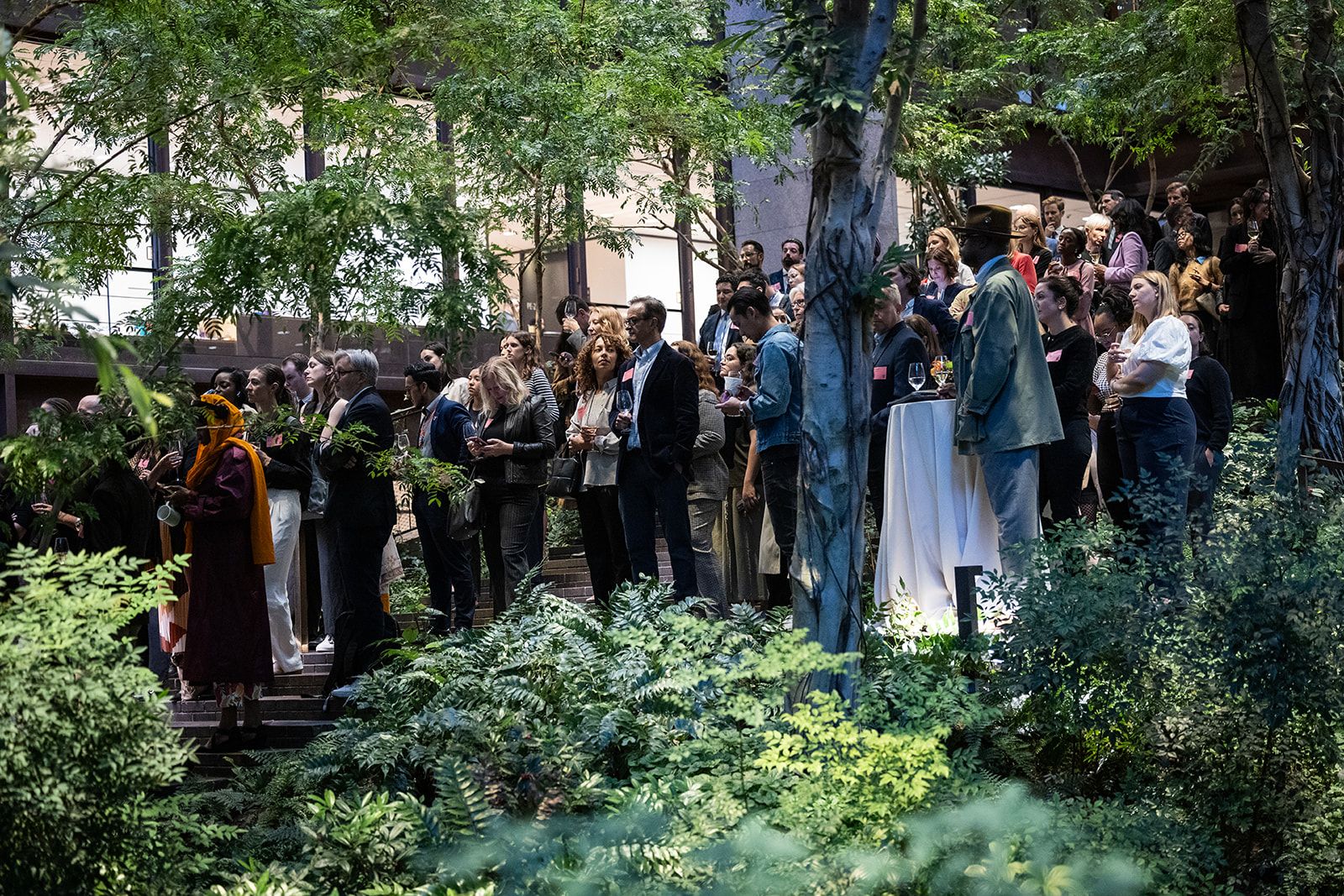
African Union Town Hall: Leading Africa into the Future
September 27, 2024
In this engaging town hall, the UN Deputy Secretary-General joined 12 Young Africans to debate the future of Africa.
Organized by the African Union Youth Envoy and BBC Africa, discussions centered on climate leadership, entrepreneurship, and how African youth can drive multilateralism. Members of Africa’s Panel of the Future highlighted innovative solutions for sustainable development, with Waihigi Mwaura of BBC Africa facilitating a lively and impactful conversation.
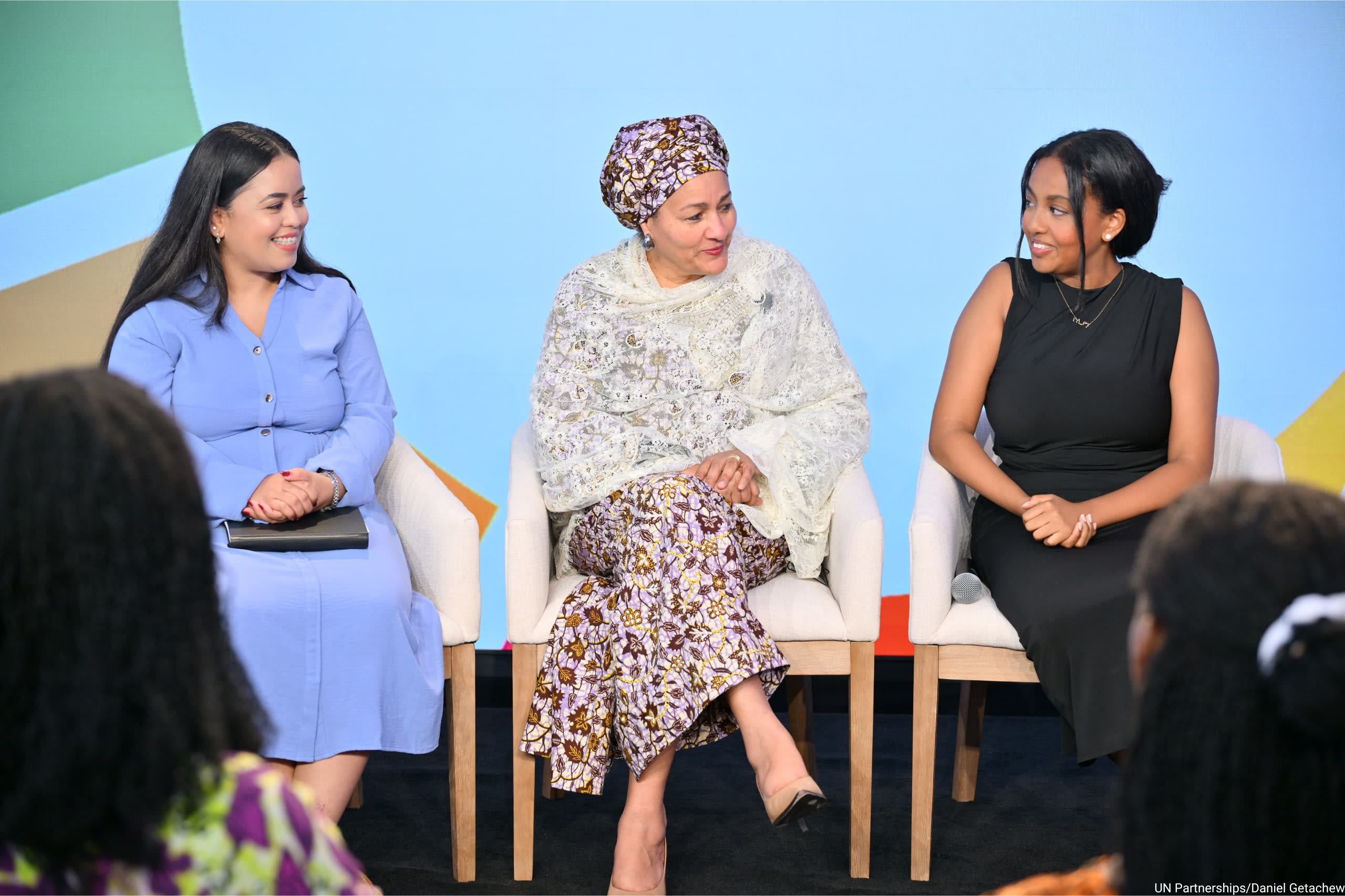
9 Key Takeaways That Demand Attention
The Summit of the Future provided critical insights and key takeaways that will shape the future of global governance and cooperation:
1. Global Cooperation
Global cooperation is not easy, but it is crucial for tackling global crises like climate change and inequality. A collective, coordinated approach is necessary to create meaningful, lasting global solutions.
As Guy Ryder (UN Under-Secretary-General for Policy) put it, “This Summit of the Future can really be an important moment. It’s not the end of a journey but a marker, opening doors to new opportunities for all generations.”
2. Youth representation
Youth representation was another major focus, with Minister Salima Monorma Bah (Minister of Communication, Technology and Innovation in Sierra Leone) stressing that “Being chosen to sit at the highest table of decision-making at 32 years old is an accomplishment and responsibility I don’t take lightly or for granted.”
There was a clear demand for formal roles for youth in governance, including proposals for youth ombudspeople and advisory boards to ensure young voices are heard and to influence decision-making processes. This sentiment was echoed by Former President Juan Manuel Santos: “The youth have the leadership and the passion to press leaders for urgent climate action, because it’s their future at stake.”
3. Financial Commitment
However, one of the key challenges was the limited financial commitment to youth-led initiatives. While the importance of youth participation in global governance was repeatedly highlighted, there were no major financial pledges made to support youth-led movements, particularly in the Global South.
Valeria Colunga (Executive Strategy Officer, Southern Voice) highlighted this shortcoming, stating, “We don’t want young people to put in effort without seeing the actual actions being taken.”
4. Governance Reform
The need for global governance reform emerged as one of the strongest themes from the Summit. Ambassador Mauricio Carvalho Lyrio stated that “Upgrading global governance is no longer optional. It’s both urgent and essential for humanity’s well-being and survival.”
There was widespread consensus that reforms must give the Global South greater representation in international decision-making bodies to tackle global inequalities. These calls for reform were closely linked to discussions on restructuring financial systems, with a focus on overhauling Multilateral Development Banks (MDBs) to better serve developing nations.
5. Inequality and Climate
Another significant win was the strong support for debt-for-climate swaps as a dual solution to economic inequality and climate action. These innovative mechanisms, championed by Henrique Frota from Instituto Pólis, were widely endorsed as a means of providing financial relief to developing nations while simultaneously advancing their climate goals. “This mechanism addresses both economic inequality and environmental sustainability,” Frota noted, emphasizing the opportunity to relieve debt while tackling pressing environmental challenges.
Linked to this was the slow pace of climate finance, particularly for developing nations. Despite calls for increased funding to support a just transition to renewable energy, financial commitments from the international community have not been keeping pace with the urgency of the climate crisis. As Ayisha Siddiqa (Secretary-General’s Youth Advisory Group on Climate Change) powerfully stated, “If future generations were alive today, they would demand their right to live within planetary boundaries,” highlighting the growing gap between the urgent need for climate action and the financial resources available to address it.
6. Financing Young People
Another highlight was the launch of the Funders Collective, set to revolutionize youth-led movements with flexible funding that puts real power in young leaders’ hands to shape the future and revolutionize the financing landscape. Carlos Madjri Sanvee (YMCA, Secretary General) spotlighted the initiative, saying: “The Big Six has seen firsthand the transformative power of youth-led change through the Global Youth Mobilization model… the Funders Collective will amplify this by ensuring youth voices are not just heard but lead the decision-making process.”
Kathleen Sherwin (Plan International, Chief Strategy and Engagement Officer) added that “The Funders Collective will help remove the funding barriers that often hold them back, especially through initiatives like the Equality Accelerator.”
7. Civil Society Participation
On the civil society front, the UNMute Initiative was a significant development, offering a roadmap to strengthen the role of grassroots organizations in shaping global governance.
The launch of the UNMute Manual provided actionable strategies for amplifying civil society participation in UN processes, particularly from marginalized communities. While this was a positive step, there are still challenges in securing the necessary financial support to ensure civil society’s full engagement in international governance.
8. Intergenerational collaboration
Intergenerational collaboration also emerged as a key theme throughout the Summit. Young leaders worked side-by-side with experienced policymakers to co-create solutions to some of the world’s most pressing challenges.
Patrice Gumbs Jr. (Sint Maarten Deputy Prime Minister) encapsulated this idea, stating, “We cannot afford to continue down our current path, where we mistake short-sighted development for progress.” This collaboration will be crucial in maintaining momentum and driving sustainable change in the years ahead.
9. Future Generations
Finally, one of the biggest wins at the Summit was the launch of the Group of Friends for Future Generations, a game-changer for keeping future-focused policies at the top of the UN agenda. This bold move ensures future generations are prioritized in global decisions, creating a formal platform for collaboration among key member states.
As Jamaica’s Prime Minister Andrew Holness emphasized, “The Declaration on Future Generations is a call for a global mindshift. We must learn from the past and leverage the tools available to prepare better for increasingly complex global challenges.” The group is set to drive momentum and action on the long-term challenges we face.
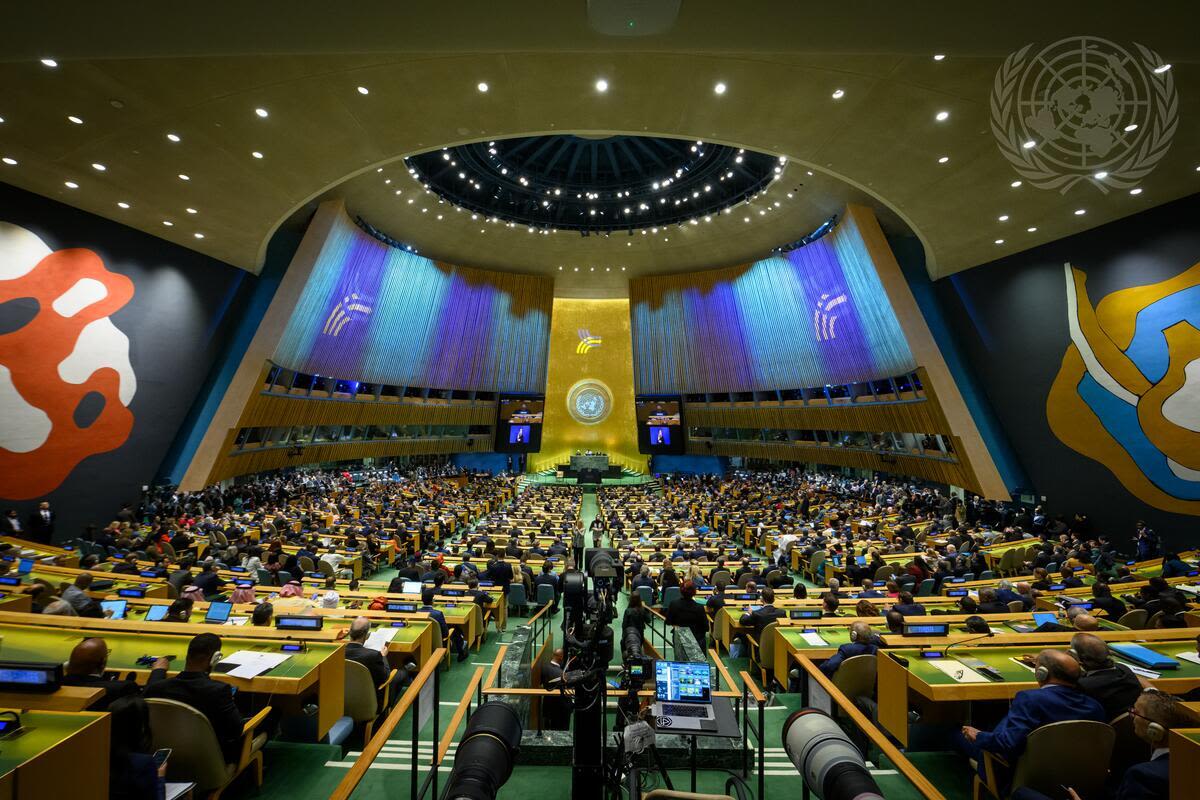

Key Moments for Delivering the Summit’s Vision
Several key moments next year will be crucial for delivering the ambitious vision set out at the Summit of the Future.
March 2025
March 2025 will see the Beijing+30 milestone, shining a spotlight on gender equality and youth leadership across Asia and Africa.
April 2025
April 2025 brings the LDC Conference in Zambia, centering on the development needs of the world’s Least Developed Countries, where financial architecture reform will be at the forefront of discussions.
July 2025
July 2025 will mark the Fourth International Conference on Financing for Development (FfD), a pivotal opportunity to push for debt relief and innovative financial solutions like debt-for-climate swaps.
November 2025
Looking further ahead, November will see the 2025 World Social Summit, where the focus will be on social justice and inclusive policy development.
The G20 Summit in South Africa and COP30 in Brazil will further elevate these efforts, addressing both the development challenges of the Global South and the urgency of climate action. As Valeria Colunga pointed out:
“These events are vital moments for ensuring that youth voices are integrated into global processes.”
What’s Next: The Road Ahead
The road beyond the Summit of the Future is packed with transformative milestones that will shape the future of global cooperation and governance. Here’s a look at what’s coming.
Pact Decoded
Released on UN Day, October 24, Pact Decoded is part of the UN Decoded series, designed to make complex global agreements accessible for young people and experts alike. It focuses on the Pact for the Future, the Declaration on Future Generations, the Global Digital Compact, and the AMR Political Declaration, simplifying these crucial global frameworks for a wider audience.
Launch of the 2100 Visionaries Taskforce
This intergenerational alliance will guide the 2100 Roadmap through to the final SDG Summit in 2027, creating a blueprint for beyond the 2030 Agenda that will focus on critical issues like future generations and young countries. As Former President Mary Robinson shared, “We have at most five or six years to transform to be on target for our 2030 goals. The world is interconnected, and this collective energy can help us achieve a more just and sustainable future.” The Taskforce’s work will ensure that young voices are central to these efforts to think, plan, and act for the future.
Keeping the Engine Room Roaring
The Engine Room has already engaged over 100,000 young people for the Summit and will continue this momentum through 2025 to ensure that the future of the UN meets 21st-century needs. The Learning Agenda, launched at the Summit, sees young people remain at the heart of this journey, continuously feeding their ideas and solutions into the 2100 Visionaries Taskforce. This collaborative effort is shaping a long-term agenda that looks beyond 2030, paving the way for a future led by the next generation.
Expanding National Town Halls
By the end of 2025, we will have completed 21 National Town Halls, which will feed into the work of the Taskforce and global processes next year, including COP30 in Brazil and the G20 Summit in South Africa. These events will help shape global efforts to advance peace, development, and human rights.

As we look ahead, OFA Quarterly will provide an in-depth exploration of the Summit of the Future and the key moments that lie ahead. Stay tuned for the next edition, coming on October 24, for detailed insights into how these milestones will shape the future of global cooperation.
